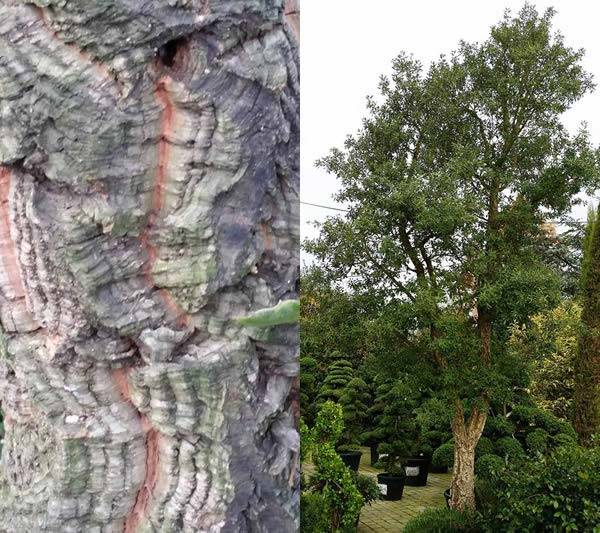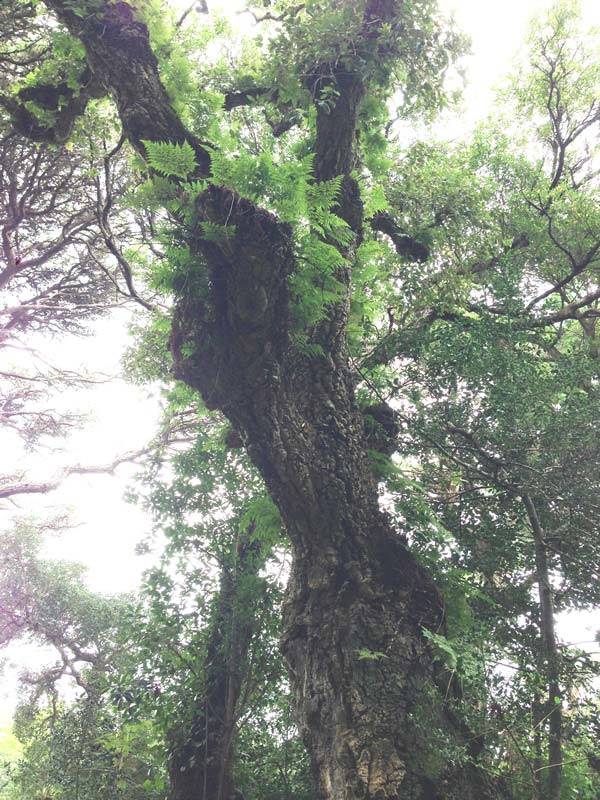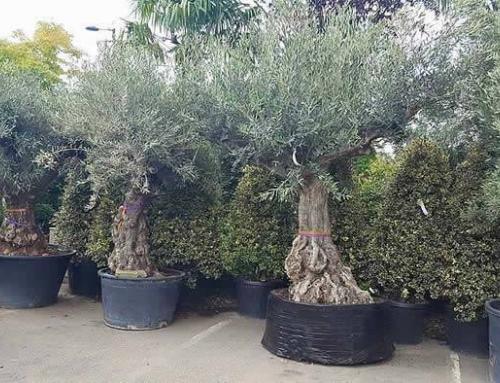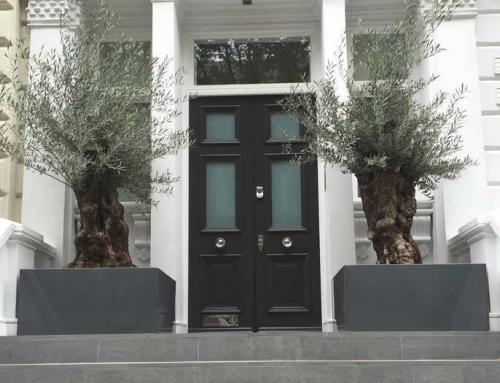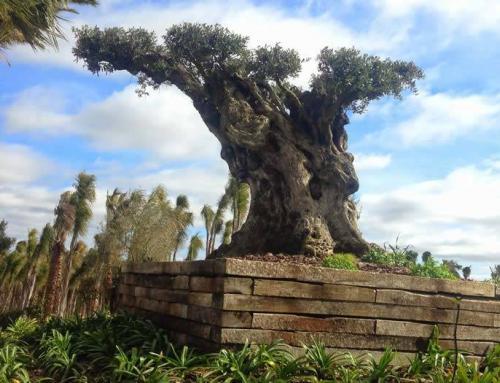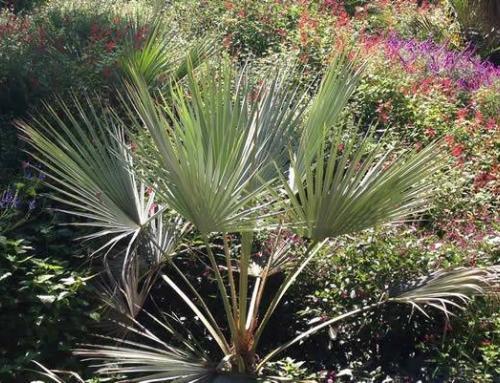Truly one of the most majestic trees of the Mediterranean landscape, the Cork Oak, has arrived in style at Paramount Plants. Our latest stock of much more mature trees will provide instant maturity to any garden design.
Cork oaks are instantly recognisable as one of the most prolific of the Mediterranean trees. Ancient cork oak forests thrive from the Portuguese Western tip of Europe right across to the eastern Mediterranean in Greece and on the northern and southern shores of the Mediterranean sea – these vast cork oak forests are second in importance only to the Amazon for their bio-diversity.
Although native to the Mediterranean – cork oak forests have been successfully planted in Russia and the US and Quercus Suber thrives in the UK climate as it will tolerate winters to -10. Quercus Suber trees have grown in popularity with garden designers because of the tactile quality of the bark which gets thicker as the tree grows older and can reach up to a foot in depth in mature specimens. This spongy bark becomes gnarled and fissured and gives a great aging quality to the appearance of the trees.
Cork oaks are relatively slow growing and in terms of oak trees short lived – the average lifespan is around 300 years, the popular saying ‘Eucalyptus trees are for us, pine trees for our children, and cork trees are for our grandchildren‘ underline how important it is to get the largest (mature) tree your budget can afford. Our new stock can be planted as a specimen tree or as part of a Mediterranean garden design. Cork oaks grow well alongside Olive Trees and Pencil Cypress Trees, all having the same low watering needs, well tolerating long hot spells with little rainfall. Quercus Suber is also quite happy when planted near the coast as part of a coastal garden, oblivious to the ravages of salty wind and air.
For almost 5,000 years, the cork oak tree has been harvested for cork for a variety of uses around the world. In ancient Greece, these trees were revered as symbols of liberty and honour and only priests were allowed to cut them down. These days, the Portuguese are the largest growers of cork oak and were the first to pass an agrarian law protecting cork forests back in the thirteenth century. Still the largest producer of cork, Quercus Suber truly shapes the landscape in Central and Southern Portugal, particularly in the Alentejo region. Cork is renewable, recyclable and it’s harvesting is environmentally friendly, the preferred choice for making a huge range of products in the 21st Century.


